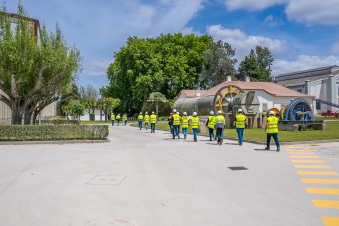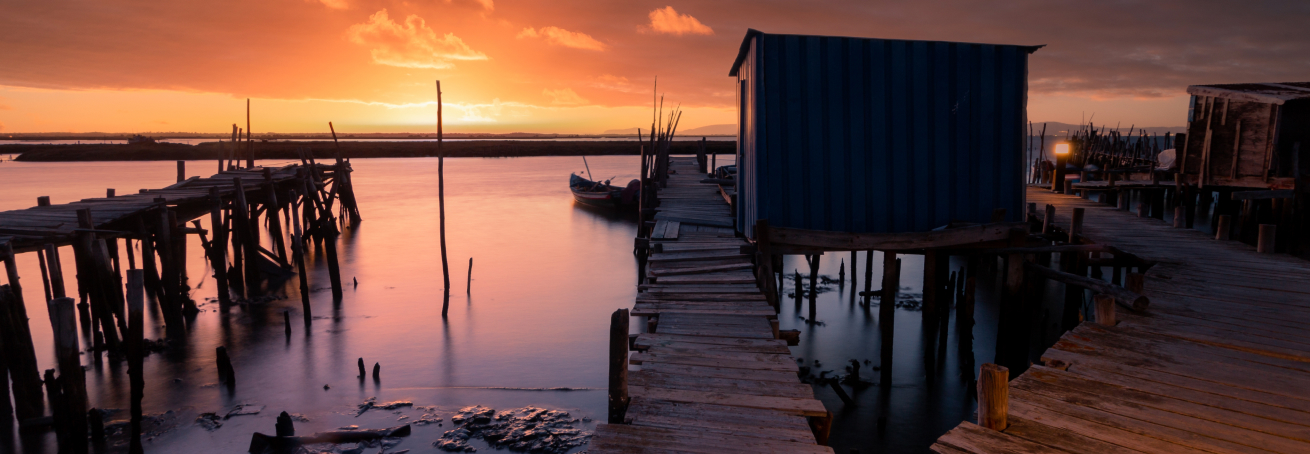Working towards the harmony between the region’s local industry and its natural assets, the CRASSOSADO project was divided into two phases:
Phase 1
The first phase of the CRASSOSADO project, in 2015, allowed the confirmation of the expansion of the natural populations of Crassostrea angulata, whose area coverage is greater than what was previously known, revealed to be in good health and in a good state of conservation.
However, the presence of Japanese clam (Ruditapes philippinarum) was also identified an invasive species, that was threatening the Portuguese species.
The experiments implemented confirmed the possibility of harvesting this species’ seed for cultivation, revealing that the Crassostrea angulata larvae could be attached to an artificial substrate. The study also reiterated the importance of safeguarding wild species in order to increase aquaculture, seeing that they have great genetic diversity. Furthermore, a set of recommendations was proposed to improve aquaculture practices.
Phase 2
The second phase of the CRASSOSADO project, concluded in 2017, sought to continue monitoring the species, specially focussing on the identification of threats and opportunities regarding its commercial exploitation. It included carrying out surveys with the Sado estuary’s oyster farmers, who offered a positive contribution towards the profitability of the activity and towards improving the management of this natural resource.
The primary goal of this phase concerned the promotion of greater interaction with the oyster farming sector, in order to learn about its specific needs and to foment the exchange of knowledge and advice. In this way, additional value was brought to production activities without compromising the conservation of Portuguese oyster populations as well as other natural assets existing in the delicate area of the estuary.
Therefore, the necessary conditions were guaranteed for this important natural resource to be developed and managed sustainably in the region (and even nationwide), adhering to the basic principles of The Navigator Company’s sustainable development policy.
Currently, the Sado constitutes one of the strong points of oyster culture in Portugal, revitalising a sector that had peaked in the 1950s and 1960s.





